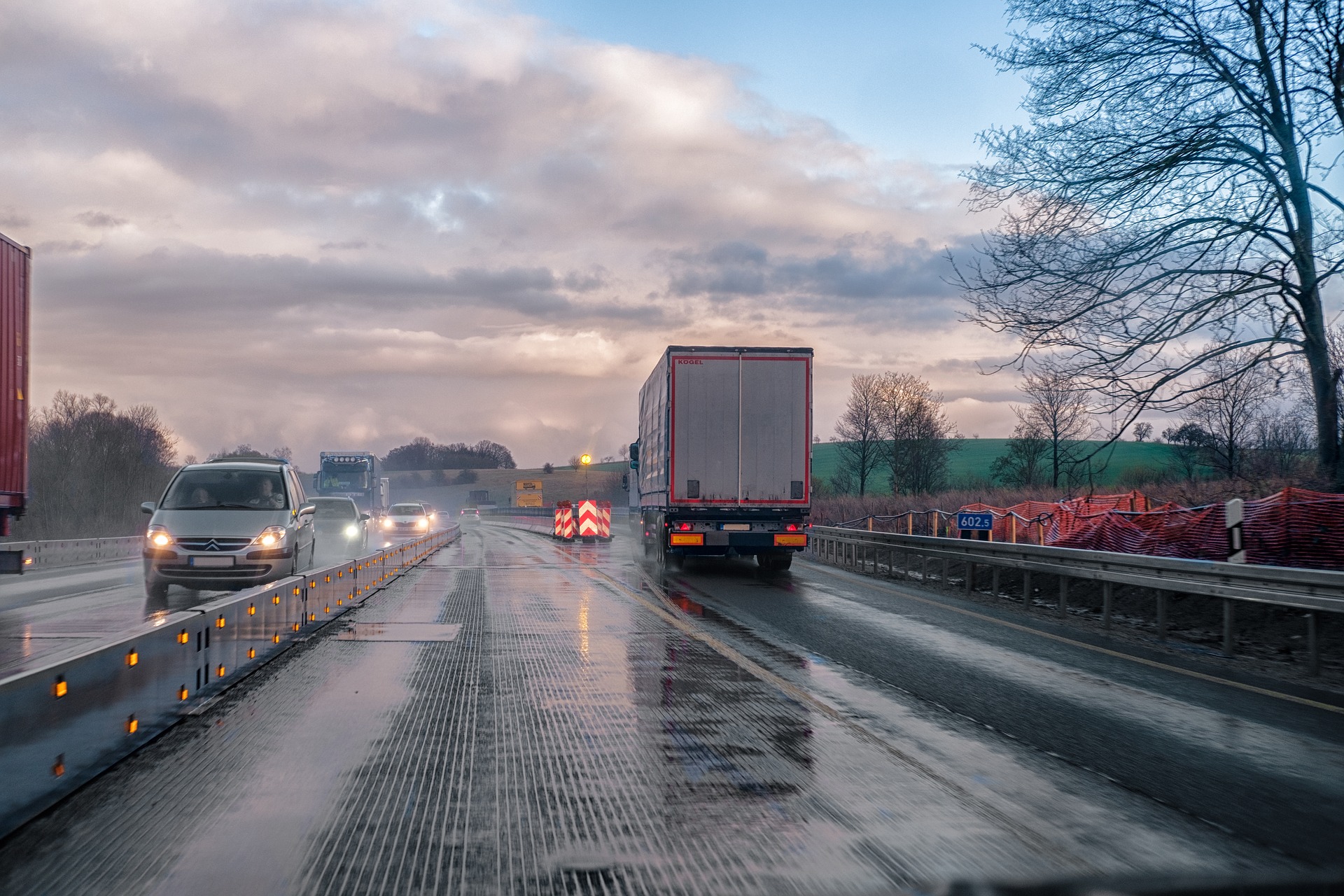Uberization

Trucking companies have started to experiment with apps like Uber for the transportation of goods across the country. Using Uber’s ‘ride sharing’ concept, shippers can place their cargo within an online marketplace requiring collection and transportation, and drivers can scroll through the possible jobs to choose the one for which they have enough space and the tools needed to transport the specific cargo.
What are the benefits of implementing an Uber system? Using such a system does give the shipper a greater choice of options at competitive rates. Through an on-demand system, shippers are almost guaranteed to have their load delivered on budget. It is also cost-effective for the transport company as every trailer has a full load, reducing the number of part-loaded or empty trailers. Perhaps better for the environment too?
This app-based technology is great for making the most use of empty space in trailers. However, as we know this concept is not new at all and is called freight consolidation. What makes it interesting is how it could enable even more shippers to take advantage of direct shipping rates, cutting out the middle man.
What challenges can we expect to see? Trusting unknown drivers with cargo can be a problem. Many existing relationships between shippers and drivers are well established. Finding a transport company that is punctual and safe for deliveries can take time, and many shippers aren’t willing to risk the value of a load to a driver with whom they have not worked with, especially when trying to build upon their brand and enhance customer service.
Availability of drivers and vehicles could also prove problematic. Unlike passengers not all cargo is the same. Specific goods require special types of carriers and drivers with experience to manage. Goods can be perishable. Shipments may require intermodal transport options. Compliance is always a concern and shippers also demand more versatility in pick-up windows and back-house costs.
Uber has faced its share of challenges, what happens to insurance premiums if a company outsources shipments to these apps? What if a shipment arrives late, will the app’s developers work to improve the experience for the customer who complains?
The vulnerabilities in the Uberization of trucking are vast and growing, and while Amazon prepares for launching a similar product/service, small and mid-sized businesses must use what works today. In time, app-based trucking may become reality, but it is not likely to happen just yet, at least not on a scale to replace third party logistics entirely.

